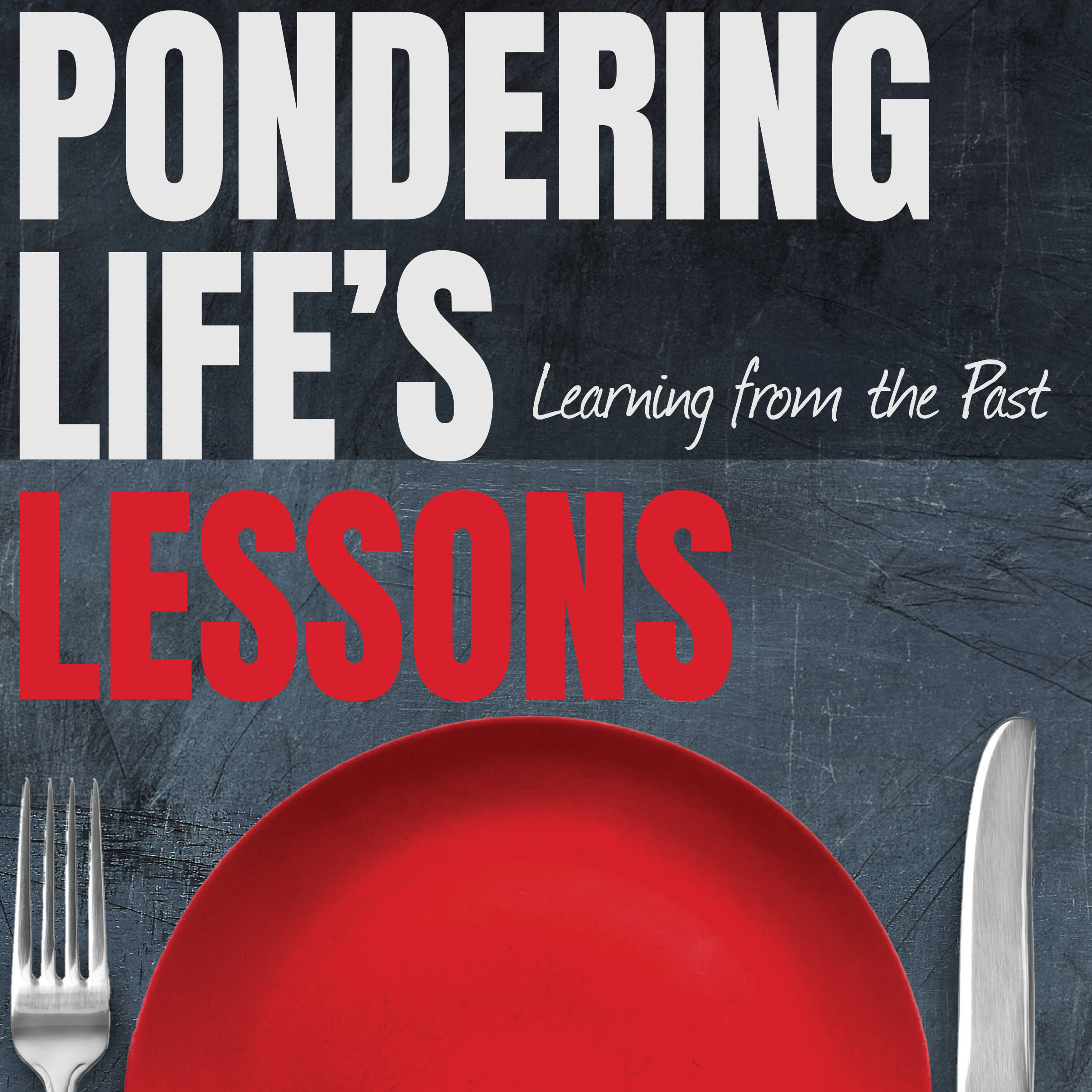 The Parkinson support group helped both Mom and Dad learn what to expect from the disease. They knew he wasn’t going to “get better” because there’s no cure. He could “live better” if he followed the advice of his doctors and adjusted as he aged. They learned people didn’t die from Parkinson’s, but rather with it. Parkinson’s contributed to the decline of one’s overall health.
The Parkinson support group helped both Mom and Dad learn what to expect from the disease. They knew he wasn’t going to “get better” because there’s no cure. He could “live better” if he followed the advice of his doctors and adjusted as he aged. They learned people didn’t die from Parkinson’s, but rather with it. Parkinson’s contributed to the decline of one’s overall health.
His medication changed over time, and after a few years, he needed to use a walker. His was the three-wheeler with a set of hand brakes. It was sporty in addition to being functional. I called it his “Harley”.
Dad gained a more positive perspective when he compared himself to others. It brought a sense of relief to know that he was doing better than some, and he valued helping those who needed assistance. He learned what to expect by watching the disease progress in his new friends.
I recall an aha moment during one of the meetings. There were two Tonys in the group. The group members referred to them as “Big Tony” and “Little Tony”. At five-foot seven Dad was “Little Tony” and a six-foot three former football player was “Big Tony”. Big Tony was in a wheelchair while Dad used his “Harley”
There was an opportunity to ask questions and share personal information during each meeting. Big Tony’s son came to one to share a modification he’d made in his dad’s bedroom. He explained one of Big Tony’s challenges was getting out of bed each morning. He was too stiff to sit up and swing his legs out of bed on his own, and too big for his wife to handle. Once he was up, and his medication kicked in, he got around just fine. But getting out of bed was a challenge.
The son installed a garage door opener to the ceiling of his dad’s bedroom. The ceiling had to be reinforced to handle the modification, but once it was installed, it worked well. The opener had a trapeze handle that hung low over the bed. After Big Tony grabbed the handle, he pushed the remote control and the chain driven opener pulled him to an upright position. Once he was upright, he could swing his legs over the edge of the bed and slide into his wheelchair.
The son shared a couple of pictures of the contraption and offered to make the modifications to anyone’s bedroom should they need it. He finished with, “Your advice has helped my dad a great deal, so if I can help you, I’m happy to do it.”
Both Mom and Dad valued the lessons learned through the support system. The Parkinson’s group was the first support group I personally attended. It helped me too. I gained a new appreciation for what I had, as well as an understanding of my dad’s condition.
Over the years I’ve had friends and family attend a multitude of support groups: AA, Al-Anon, Gamblers Anonymous, bereavement groups, and groups for all sorts of illnesses. The list seems endless, and if the group you need hasn’t been formed yet, you can start one yourself.
The common denominator is their purpose. Each one provides an opportunity for people to share personal experiences and feelings, coping strategies, and knowledge about treatments. Knowing you’re not the only one dealing with an issue is powerful. Mom and Dad attended meetings for twenty years. They cherished the support they received and valued the new friendships they made. I did too.

